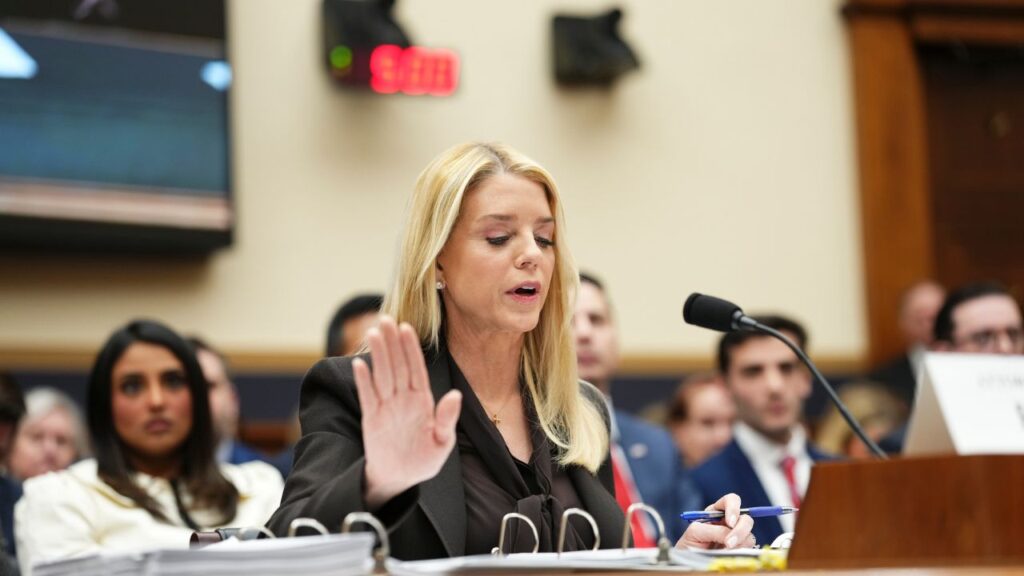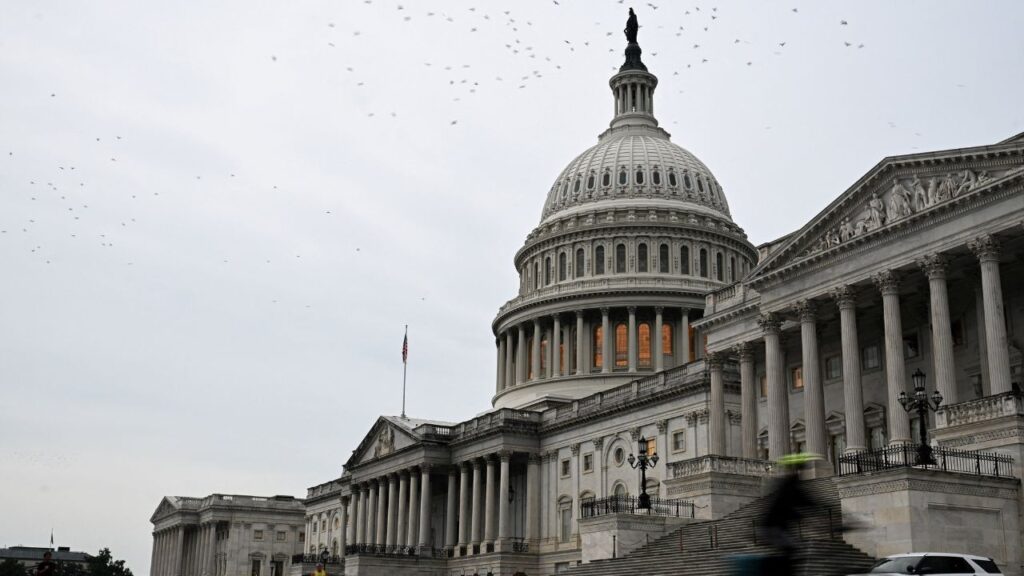Share
|
Getting your Trinity Audio player ready...
|
Attorneys general in 17 states on Thursday urged the federal government to recall millions of Kia and Hyundai cars because they are too easy to steal, a response to a sharp increase in thefts fueled by a viral social media challenge.
Some Kia and Hyundai cars sold in the United States over the last decade do not have engine immobilizers, a standard feature on most cars that prevents the engine from starting unless the key is present.
Videos circulating on the social media service TikTok have shown how people can start Kia and Hyundai models by using only a screwdriver and a USB cable. In Los Angeles, thefts of Hyundai and Kia cars increased by about 85% in 2022, now accounting for 20% of all car thefts in the city, according to the California attorney general’s office.
These social media-inspired thefts have often ended in tragedy, with the National Highway Traffic Safety Administration blaming the stolen car trend for 14 reported crashes and eight deaths. In October, a police commissioner said that a car crash in Buffalo, New York, that left four teenagers dead may have been linked to the TikTok challenge. In the incident, a total of six teenagers were in a speeding Kia that crashed, Buffalo police said. The car had been reported stolen.
“The bottom line is, Kia’s and Hyundai’s failure to install standard safety features on many of their vehicles have put vehicle owners and the public at risk,” California Attorney General Rob Bonta said in a news release. “Instead of taking responsibility with appropriate corrective action, these carmakers have chosen instead to pass this risk onto consumers and our communities.”
Bonta and the other attorneys general sent a letter on Thursday to NHTSA requesting a nationwide recall. The letter also was signed by attorneys general from Arizona, Colorado, Connecticut, Illinois, Massachusetts, Maryland, Michigan, Minnesota, New Jersey, New Mexico, New York, Oregon, Pennsylvania, Rhode Island, Vermont, Washington and the District of Columbia.
Kia said in a statement that it is focused on the issue, “and we continue to take action to address the concerns these attorneys general have raised.” The automaker says more than 165,000 customers have had the software installed, and over 2 million owners have been contacted about it. The company says the vehicles comply with federal safety standards, so a recall isn’t necessary.
Updates to Vehicle Software
Hyundai also said its vehicles comply with federal anti-theft requirements. The company says it rolled out the software upgrade to prevent the thefts two months ahead of schedule, but it did not answer a question about how many vehicles have received it. “We are communicating with NHTSA on our many actions to assist our customers,” the company statement said.
The letter adds to the growing pressure on the South Korea-based automakers. Multiple cities, including St. Louis, Cleveland, Milwaukee, San Diego, Seattle and Columbus, Ohio, have already sued the automakers.
In September, the Highway Loss Data Institute, a unit of the Insurance Institute for Highway Safety, found that Hyundai and Kia cars without immobilizers had a vehicle theft claim rate of 2.18 per 1,000 insured vehicle years. The rest of the industry combined had a rate of 1.21.
Hyundai and Kia announced in February that they would provide software updates for vehicles that require the key to be in the ignition switch to turn the car on. The change also updates the cars’ theft alarm software to extend the length of an alarm from 30 seconds to 1 minute. About 3.8 million Hyundai cars and 4.5 million Kia cars are eligible for the software update.
But the service campaign by the affiliated Korean automakers is not a recall, which comes with reporting requirements and is monitored closely by NHTSA.
The agency said the Hyundai and Kia thefts involve criminal conduct that falls under the jurisdiction of law enforcement. Even so, NHTSA said it has met with the automakers to discuss theft vulnerability as well as software and hardware in the affected models.
The agency said it is getting regular updates on the companies’ plans. “NHTSA will continue to monitor this issue, spread awareness of further updates to local authorities and lend its expertise in efforts to strengthen motor vehicle safety,” the agency said.
But Michael Brooks, executive director of the nonprofit Center for Auto Safety, said there is no way for the public to track the effectiveness of a company’s internal service campaign. In a recall, NHTSA requires quarterly reports and monitors whether the recall repairs solve the problem, he said. The agency also requires automakers to notify each owner by mail.
“We won’t know how many are on the road with the problem” with a company service campaign, Brooks said. “We’re not going to know if the recall is effective, if notification went out properly.”
Brooks said NHTSA has been slow to react to auto thefts, even though the stolen Hyundais and Kias are causing safety problems on the roads.
Hyundai has said all models produced after Nov. 1, 2021, have immobilizers as standard equipment.



















